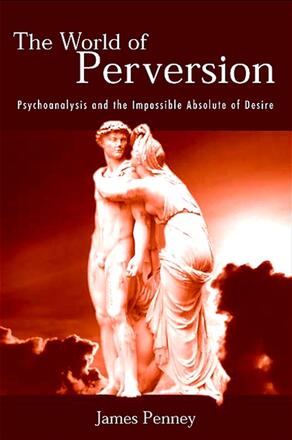
The World of Perversion
Psychoanalysis and the Impossible Absolute of Desire
Alternative formats available from:
An original critique of queer theory, from a psychoanalytic perspective.
Description
In The World of Perversion, James Penney argues that antihomophobic criticism has nothing to lose—and indeed everything to gain—by reclaiming the psychoanalytic concept of perversion as psychic structure. Analyzing the antagonism between psychoanalytic approaches to perversion and those inspired by the work of Michel Foucault, Penney explores how different assumptions about sexuality have determined the development of contemporary queer theory, and how the universalizing approach to homosexuality in psychoanalysis actually leads to more useful political strategies for nonheterosexual subjects. Having established this theoretical context, Penney focuses on works by Georges Bataille, Blaise Pascal, Denis Diderot, and Jacques Lacan, tracing the implications of various sexual and moral understandings of the term perversion, and illustrating how a psychoanalytic approach to the question of perversion enables politicized readings that are foreclosed by a Foucauldian methodology.
James Penney is Assistant Professor in the Cultural Studies Program at Trent University.